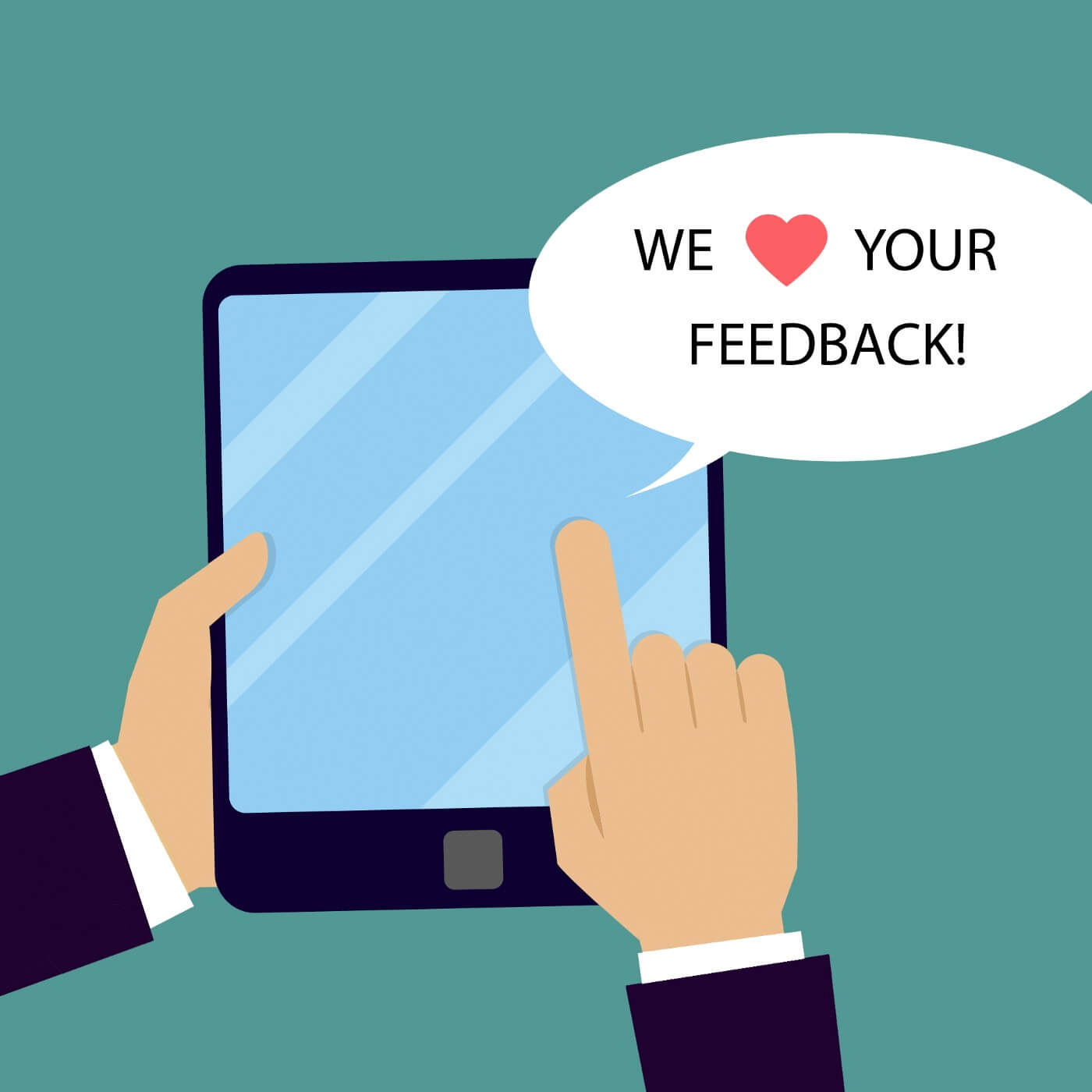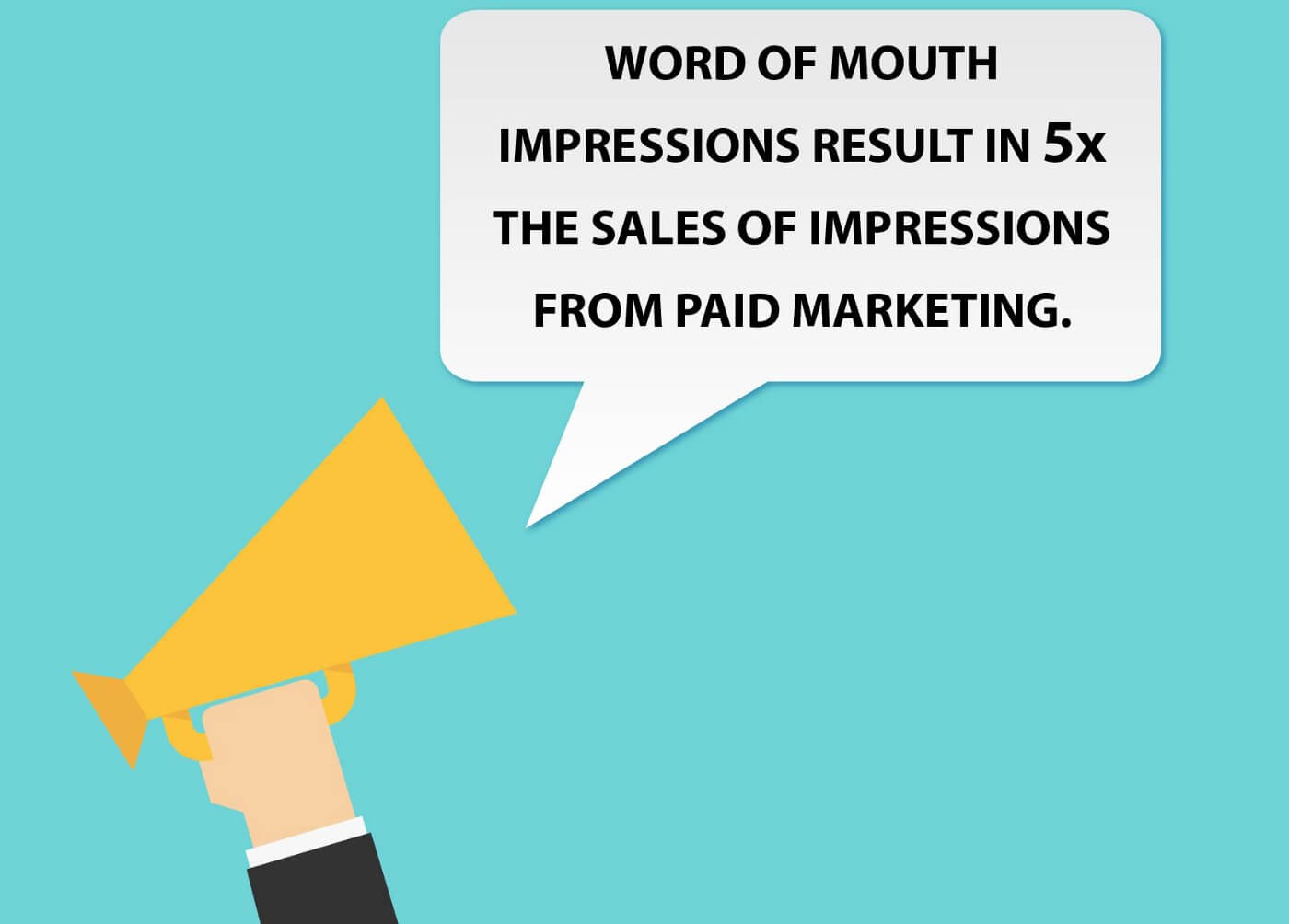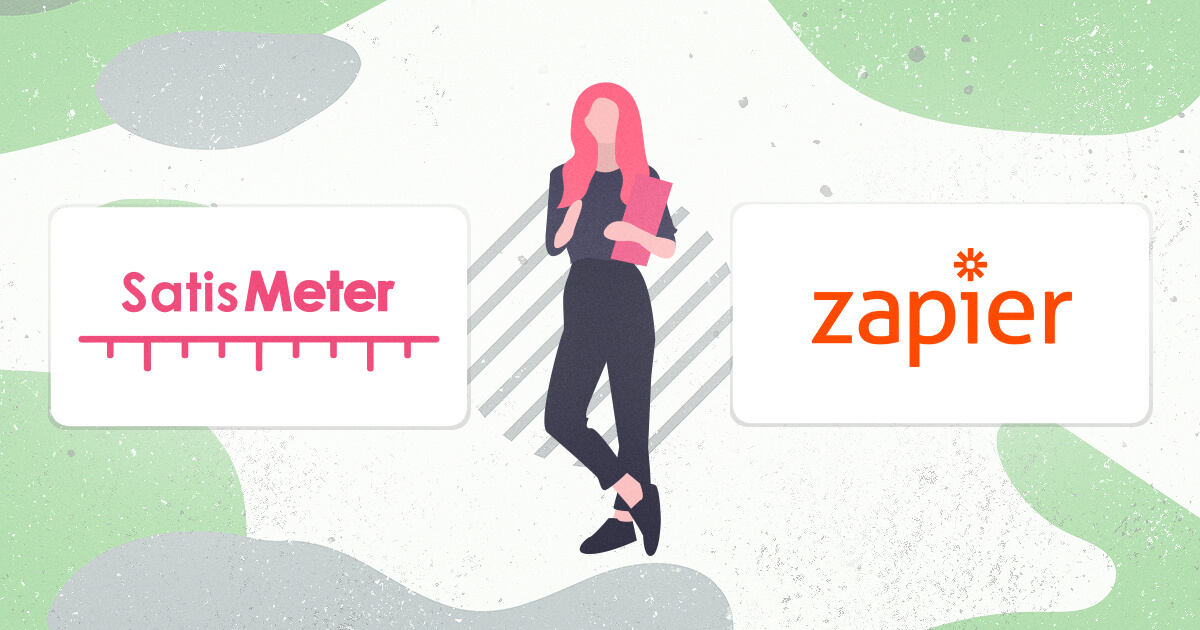When we talk about the Net Promoter System (NPS), Promoter, Detractor, and Passive are the three keywords that undeniably pop up most often. These three categories are perhaps the best known feature of the NPS methodology, and feature prominently in descriptions of how it works.
However, what tends to be discussed in far less detail is what these classifications really come down to in terms of behaviour. We all know Promoters are happy and Detractors might churn, but such a simplistic explanation does not account for the success and accuracy of NPS. So what does?
Over two posts we’re going to be looking into the nitty-gritty of who exactly your Promoters and Detractors are, how they behave, and how you can work with them to improve both their experience, and your business. To start collecting NPS for free, use our trial.
The Basics
As we’re going to be describing a fundamental NPS feature, it makes sense to give a little basic clarification here for anyone unfamiliar with how the system works (skip to the next section if you know it all already!).
NPS is a system for collecting customer feedback which is generally praised for its simplicity and ease of interpretation. Users are asked only two questions.
“How likely are you to recommend X to a friend/colleague?” Which is then ranked on a scale of 0–10.
“What could we do to improve?” To which the user can write any answer they choose.

On the basis of the score left on the first question respondents are then separated into one of three categories, Promoter, Passive, or Detractor. Many people wonder why someone leaving a 6 is a detractor, but that’s a topic for our next post, not this one.

A Net Promoter Score is then calculated as the percentage of Promoters minus that of Detractors. Scores range from -100 to 100, positive figures are considered good, and any score over 50 is excellent.
If you want to try out collecting NPS feedback for your business, our trial can get you up and running in only 10 minutes, and is completely free.
And that’s all there is to it! On to Promoters!
What makes a Promoter?
As you can see above, Promoters are only those who score a 9 or 10 on the first NPS question, so they’re not just fairly content with your product, they really like what you’re doing. It’s also important to remember that the question is not asking them if they like the product, but specifically if they would recommend it, this is important for a couple of reasons.
A Promoter cares enough to stake their own reputation on your product or service.
Firstly, this question has been found to more accurately reflect behaviour compared to one asking how much they like the product. The logic behind it being that if someone recommends a product they are putting their own reputation on the line for it. Posing the question in such a way results in a more accurate judgement because the question is nuanced and emotive.
Secondly, this means that your Promoters may well be word-of-mouth powerhouses. People who feel strongly enough to rate 9 or 10 are highly likely to talk to others about your product and urge them to try it out. Studies have shown even if Promoters themselves have stopped using your service (for example because they no longer have need of it) they will still go out of their way to recommend it to others.
That’s essentially the criteria for a Promoter, they care enough to stake their own reputation on your product or service, which is great. Practically speaking though, what does it mean?
Loyalty
When people talk about Promoters, loyalty is almost always one of the words that you’ll hear in the next sentence. In the most basic terms this means they’re at a low risk for churn, but unpacking what that means practically speaking is a far more useful process for businesses.

Apple is a perfect example of a brand with high customer loyalty
Loyalty generally indicates that users have a degree of emotional attachment to your business. When asked, Promoters often express the sentiment that not only is the product good, but the company behind it is decent or likeable. This could have great implications for your (aptly named) loyalty scheme, or your social media counts, but these are small benefits compared to most substantial effects of loyalty.
Time and time again it has been shown that users who have positive feelings about a company (rather than just their products) have a higher tolerance for price increases, are less swayed by competitors, and respond better to change.
This doesn’t mean they are naive, or to be taken for granted. It simply means they prefer you despite X. They won’t sing your praises unwaveringly, but they might well say “I absolutely love them, they are a little pricier than the competition but it’s worth it for me.”
Power Users
While it’s a trait less mentioned than loyalty, a great number of Promoters are also real power users of the products they love. They know the ins and outs of how they work like the back of their own hand, they’ve used every feature, and integrate your service with their other favourite tools.
Having power users is awesome. They find bugs before you do, they’re bursting with new ideas, they spend more on your services, and when they recommend you they do so at length and in detail.
This is one of the reasons you should never ignore your Promoters. Often much attention is paid to Detractors who are unhappy and have given concrete reasons why, whereas a Promoter response is largely left untouched. If you reach out to Promoters for a quick conversation, or even just written elaboration on their comments, you’ll often find a treasure trove of insight and innovation for your product. Even better, you’ll be hearing from someone who only stands to gain from your success.

Word of Mouth
As you might expect based on the wording of the Net Promoter question, Promoters are awesome for word of mouth publicity. The importance of this can’t be overstated, with 88% of people placing high levels of trust on personal recommendations and word of mouth impressions resulting in 5x the sales of impressions from paid marketing.

So, you have Promoters, you have word of mouth, great. Is that the end of the discussion? Not quite. There are practical steps you can take here to maximise the marketing benefit coming from your promoters.
If you run a B2C business, a loyalty scheme of some description really is the way to go here. Whether it’s rewarding social media likes, creating an incentivised referral system, or an old fashioned buy this many and get one free, this kind of scheme will reinforce your Promoters natural instinct — to promote you!
Leveraging your Promoters this way is a little trickier for B2B, but it can still be done. The most obvious method is targeting happy users with requests for reviews on sites such as G2 Crowd, a process easily expedited if you automate your NPS follow-up.
B2B companies can also consider referral schemes, as well as savvy use of social media, to boost their word of mouth publicity.
And that’s all there is to it really. Your Promoters are awesome for your business in basically every way. If you make working with them a priority you’re bound to see the benefits.
Why not make use of our free trial to find out who your promoters are and see what they can do for your business?



